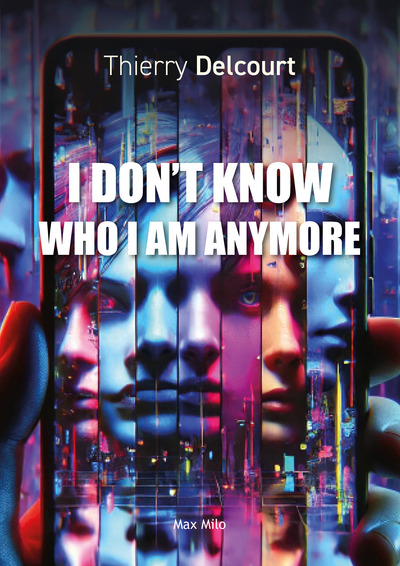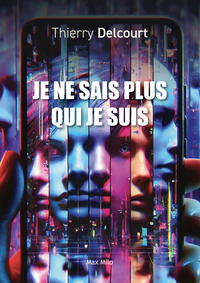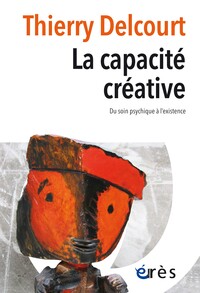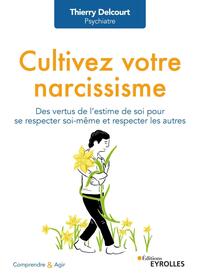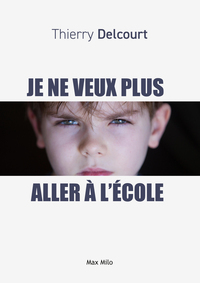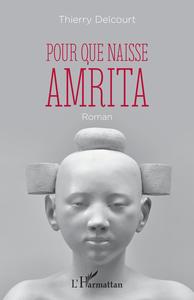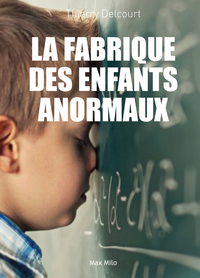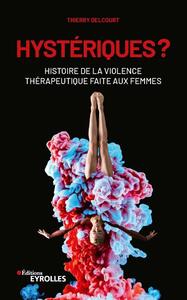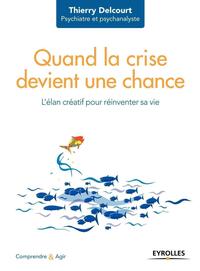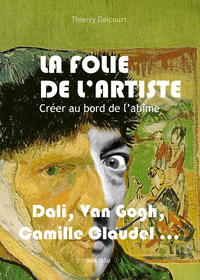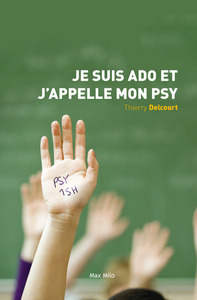Nous utilisons des cookies pour améliorer votre expérience. Pour nous conformer à la nouvelle directive sur la vie privée, nous devons demander votre consentement à l’utilisation de ces cookies. En savoir plus.
I don't know who I am anymore
EAN : 9782315026074
Paru le : 22 août 2025
-
 Livraison gratuite
Livraison gratuite
en France sans minimum
de commande -
 Manquants maintenus
Manquants maintenus
en commande
automatiquement -
 Un interlocuteur
Un interlocuteur
unique pour toutes
vos commandes -
 Toutes les licences
Toutes les licences
numériques du marché
au tarif éditeur -
 Assistance téléphonique
Assistance téléphonique
personalisée sur le
numérique -
 Service client
Service client
Du Lundi au vendredi
de 9h à 18h
- EAN13 : 9782315026074
- Editeur : Max Milo
- Date Parution : 22 août 2025
- Disponibilite : Pas encore paru
- Format : H:525 mm L:525 mm
- Poids : 0gr
-
Résumé :
Human beings have always questioned their identity in an attempt to understand themselves better and to develop. With the development of our societies and especially the new technological revolutions, the search for the self has become more perilous and more dangerous, because it is less controlled. In this essay, Thierry Delcourt deals with the mechanisms that undermine our identity.
Based on clinical examinations of the teenagers and young adults he follows on a daily basis, he questions our psyche in the face of societal upheavals: are we going to become virtual to the point of criminalizing all non-consensual contact and, in fact, reducing social empathy? What are the neuropsychic consequences of AI? What are the consequences of the war in Ukraine and Palestine on our identity? What are the disorders related to contact with YouTubers, blockbusters and manga? To the disorders related to the questioning of gender and sexuality? To the radicalization of the political debate, or even to the seizure of power by minorities? To drug use, which is increasing year on year? The search for altered states of consciousness and paranormal phenomena, two very strong trends among young people at the moment? These problems affect us all at one time or another in our lives, and particularly in the fragile moments of our development, such as for young people confronted with the world, its constraints and its turmoil. Secondly, the psychiatrist provides us with avenues for constructing our identity. The question is not “things were better before”, but “what do we do with the new social, political and economic situation and the transformation of the psyche? How can we resist, decipher, criticize, get involved, choose, invent, subvert, play, intervene, impose in order to construct our identity properly?”
Child psychiatrist, practicing since 1982, responsible for training health professionals. Former editor of the journals Psychiatries and BIPP, researcher on the creative process, he is co-director of Alfapsy International, a French-speaking association for research in psychiatry and mental health. Author of books on clinical psychiatry as well as on the creative process and creativity.

